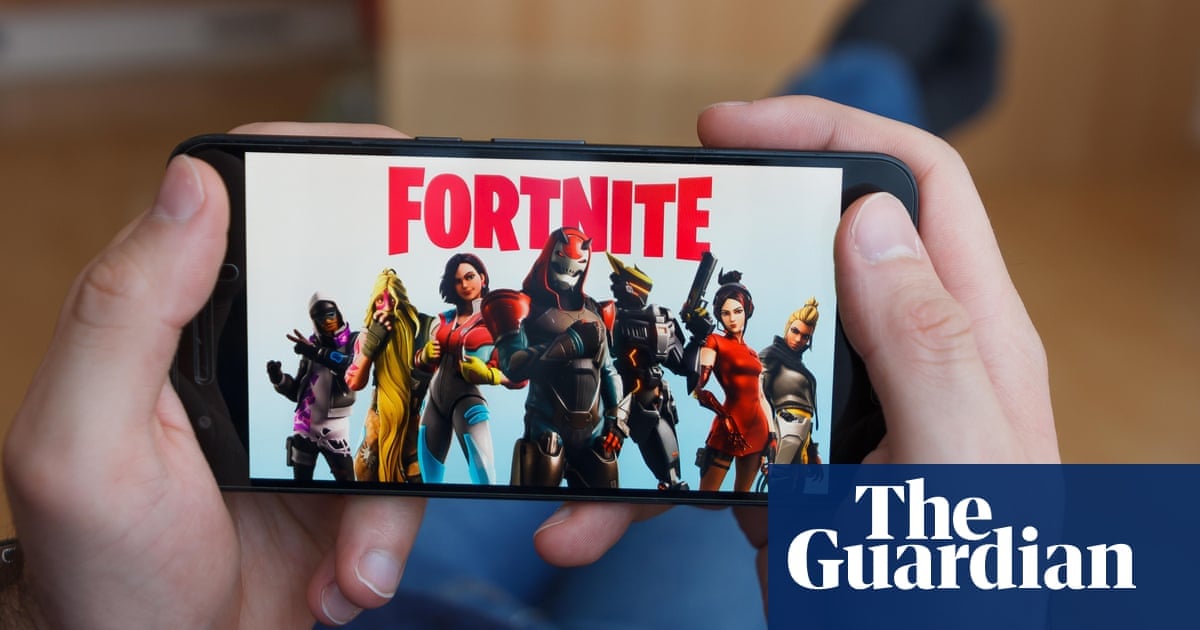- cross-posted to:
- [email protected]
- cross-posted to:
- [email protected]
“Google has taken great pains to appear more open than Apple, licensing the Android operating system to third parties like Samsung and allowing users to install apps via other methods than the Play store. Apple does neither. When it comes to exclusivity, Apple has become synonymous with “walled garden” in the public imagination. So why did a jury find that Google held a monopoly but Apple didn’t?”



Although ironically, the OS software itself is free to end users, as are future upgrades.
Google also sells hardware, e.g. in its Pixel line, and there too the OS software is “free”, as are future upgrades, up to a point.
Both sell listings in their respective stores.
These concepts are getting murkier over time.
I recall paying for an iPhoneOS update, Looks like it was iPhoneOS 2 or 3 from the first paragraph. I can’t speak for anything else in the article, however.
Yeah, I’d have paid $10 just for copy/paste functionality on early ios, but I don’t remember paying for anything when it came out on iOS 3
Yeah, but nowadays it’s all “free” - as in you only pay for the hardware to enter their walled garden (but then no matter how much you pay, you can never really leave! at least not via normal, legal means, if you want to ever come back - Welcome to the Hotel California 🎶…!:-P).
Coincidentally, Apple is headquartered in California…